Discover the Power of Angelica Sinensis: Nature’s Herbal Supplements
 2025-08-01 11:17:09
2025-08-01 11:17:09
What is Angelica Sinensis?

Angelica capsules, commonly known as dong quai (simplified Chinese: 当归; traditional Chinese: 當歸; pinyin: dāngguī; Jyutping: dong1 gwai1; Pe̍h-ōe-jī: tong-kui) or female ginseng, is a herb belonging to the family Apiaceae, and Angelica sinensis is mainly distributed in Gansu, Yunnan, Sichuan, Qinghai, Shaanxi, Hunan, Hubei, Guizhou and other places in China. A. sinensis grows in cool high altitude mountains in East Asia. The yellowish brown root of the plant is harvested in the fall and used in traditional Chinese medicine.
Angelica sinensis is a crop that grows well in low temperature and long daylight environments and can thrive in high-altitude cold areas with an altitude of 1500 to 3000 meters. In places with lower altitudes, Angelica sinensis is more common and it is difficult to survive the summer safely. In the seedling stage, Angelica sinensis prefers a cool environment and should avoid strong direct sunlight; mature plants can withstand strong light.
The root of Angelica sinensis is the traditional Chinese medicine "Danggui", which can replenish blood, harmonize blood, regulate menstruation and relieve pain, and moisturize the intestines; it can treat irregular menstruation, amenorrhea and abdominal pain, uterine bleeding, blood deficiency headache, dizziness, paralysis, dry intestines and constipation, heaviness after dysentery, carbuncle, ulcer, and traumatic injury.

The Benefits of Angelica Sinensis

Angelica sinensis nourishes blood, regulates blood lipids, enhances immunity, promotes blood circulation and relieves pain, fights cancer, slows aging, and promotes bowel movements.
---Angelica Sinensis Nourishes Blood
Angelica sinensis nourishes blood. It improves the hematopoietic function of hematopoietic cells, promotes their growth and reproduction, and increases blood volume. Women should consume more of it before and after menstruation.
---Angelica Sinensis Regulates Blood Lipids
Angelica sinensis also reduces platelet aggregation, thereby preventing the formation of blood clots, helping to regulate blood lipids and effectively preventing various diseases. Angelica sinensis also lowers blood pressure by dilating blood vessels, lowering blood pressure, and maintaining a balanced blood pressure. It can be used as an adjunctive treatment for conditions such as myocardial ischemia and arrhythmias, especially for those with pre-existing low blood pressure.
---Angelica Sinensis Enhances Immunity
Angelica sinensis enhances immunity, reduces inflammation, protects the liver, reduces the harmful effects of radiation, and reduces free radicals. Eating it well can effectively regulate and strengthen the body.
---Angelica Sinensis Promotes Blood Circulation and Relieves Pain
Angelica sinensis has a mild and pungent aroma, activating menstrual blood circulation and relieving pain. It can effectively regulate menstruation and alleviate dysmenorrhea, making it suitable for women experiencing frequent dysmenorrhea. It is most effective when taken with other soups or porridges.
---Angelica Sinensis Can Delay Aging
Angelica sinensis has anti-aging effects. It can effectively reduce the body's levels of lipid peroxides and inhibit the activity of B-type monoamine oxidase, which helps delay the aging of parts of the body and organs such as the skin and brain. It is also very effective in preventing and treating Alzheimer's disease.
---Angelica Sinensis Can Help With Laxatives
Angelica sinensis has laxative properties. Eating it in moderation can increase gastrointestinal motility, cleanse the intestines, prevent constipation, and eliminate toxins from the body.
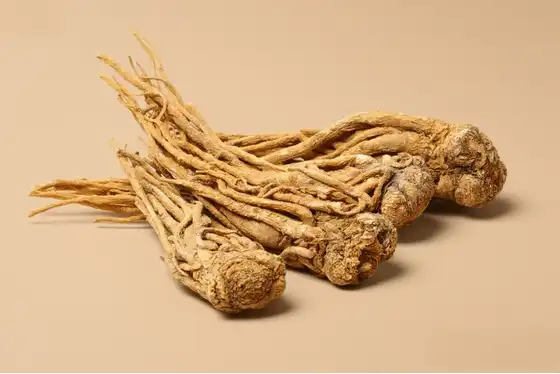
The Application of Angelica Sinensis
As a health supplement ingredient, angelica sinensis has a variety of forms, offering convenience and diverse choices. Common forms include angelica powder, capsules, and tablets.
---Angelica Sinensis Powder
Angelica sinensis powder is one of the most traditional forms of angelica. It is first ground into a powder by mixing it with other herbs. Finally, it is boiled or taken with an appropriate amount of water. This form not only preserves the active ingredients of angelica but is also convenient to carry and take. Angelica sinensis powder is commonly used to treat gynecological issues such as irregular menstruation and dysmenorrhea, as well as to nourish and invigorate blood circulation, regulate the spleen and stomach, and address a range of other health issues.
---Angelica Sinensis Capsules
Angelica sinensis capsules are another modern preparation of angelica. These capsules contain angelica extract, making them convenient to carry and easy to take. They are commonly used to boost immunity, provide antioxidant protection, prevent colds, and enhance immunity.
---Angelica Sinensis Tablets
Angelica sinensis tablets are one of the modern preparations of angelica. Angelica tablets are made from angelica extract, which is then freeze-dried and formed into tablets. This form is convenient to carry and easy to take, as it requires no boiling. Angelica sinensis tablets are commonly used to improve a sallow complexion, regulate complexion, and relieve menstrual discomfort and other gynecological issues.
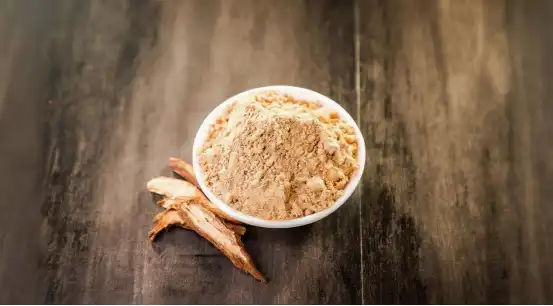
The Future of Angelica Sinensis
---The Background of the Angelica Sinensis Extract Industry
(1) Angelica sinensis, as one of the traditional Chinese medicinal materials, has a long history and rich medicinal value. Angelica sinensis extract is the active ingredient extracted from the root of Angelica, mainly including ferulic acid, Angelica polysaccharide, Angelica volatile oil, etc. With the development of modern science and technology, the application scope of Angelica sinensis extract has gradually expanded from the traditional Chinese medicine field to multiple industries such as food, health care products, cosmetics, etc.
(2) The market demand for angelica sinensis extract has increased year by year, mainly due to its unique medicinal value and wide range of uses. In the field of Chinese medicine, Angelica sinensis extract is used to treat a variety of diseases, such as irregular menstruation, dysmenorrhea, blood deficiency and other symptoms. In the food and health care product industry, Angelica sinensis extract is widely used in various functional foods and health care products as a natural antioxidant and immunomodulator. In addition, in the cosmetics industry, Angelica extract has become the preferred ingredient of many skin care products due to its good anti-aging and whitening effects.
---Market Demand Forecast
(1) It is expected that the global Angelica sinensis extract market demand will continue to grow in the next few years. With people's pursuit of a healthy lifestyle and the global popularity of traditional Chinese medicine, the application areas of angelica sinensis extract will be further expanded. In particular, in the health care products, food and cosmetics industries, the demand for angelica extract is expected to increase significantly.
(2) In China, the market demand forecast for angelica sinensis extract is also optimistic. With the rapid development of the traditional Chinese medicine industry and consumers' emphasis on health and wellness, the market demand for angelica sinensis extract is expected to maintain steady growth. In addition, with the continuous upgrading of the domestic food and cosmetics industries, the application of angelica extract in these fields will also bring new growth points.
(3) Technological innovation and market expansion are the key factors driving the growth of the market demand for angelica sinensis extract. With the advancement of extraction technology and the improvement of product quality, the competitiveness of angelica sinensis extract in the domestic and foreign markets will be enhanced. At the same time, with the further opening of the international market and the continuous deepening of the domestic market, the market demand for angelica sinensis extract is expected to achieve a leapfrog growth.
References:

1. "Angelica sinensis". Germplasm Resources Information Network. Agricultural Research Service, United States Department of Agriculture. Retrieved 2012-06-30.
2. "The Plant List: A Working List of All Plant Species". Retrieved 7 July 2015.
3. Jump up to:a b c d "Dong Quai". MedlinePlus, US National Library of Medicine. 6 February 2024. Retrieved 1 December 2024.
4. Jump up to:a b "Angelica sinensis". Angelica sinensis Dang Gui – Dong Quai – Chinese Angelica PFAF Plant Database. Retrieved 20 February 2021.
5. Page, Robert Lee; Lawrence, Julie D. (July 1999). "Potentiation of Warfarin by Dong Quai". Pharmacotherapy. 19 (7): 870–876.
6. Tsai, Hsin-Hui; Lin, Hsiang-Wen; Lu, Ying-Hung; Chen, Yi-Ling; Mahady, Gail B.; Cox, Dermot (9 May 2013). "A Review of Potential Harmful Interactions between Anticoagulant/Antiplatelet Agents and Chinese Herbal Medicines". PLOS ONE. 8 (5): e64255.
7. Ying, Li; Si-Wang, Wang; Hong-Hai, Tu; Wei, Cao (2013). "Simultaneous quantification of six main active constituents in Chinese Angelica by high-performance liquid chromatography with photodiode array detector". Pharmacognosy Magazine. 9 (34): 114–119.
8. Zhao, Kui J.; Dong, Tina T. X.; Tu, Peng F.; et al. (April 2003). "Molecular Genetic and Chemical Assessment of Radix Angelica (Danggui) in China". Journal of Agricultural and Food Chemistry. 51 (9): 2576–2583. Bibcode:2003JAFC...51.2576Z.


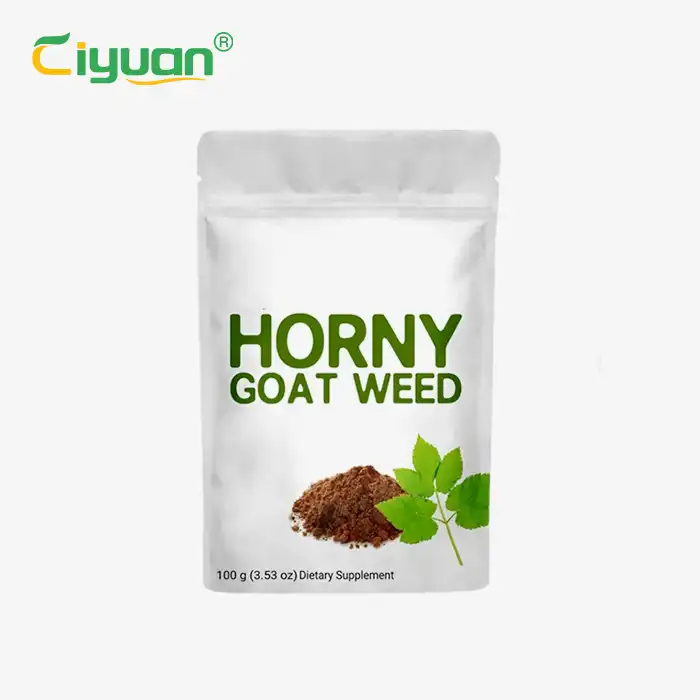
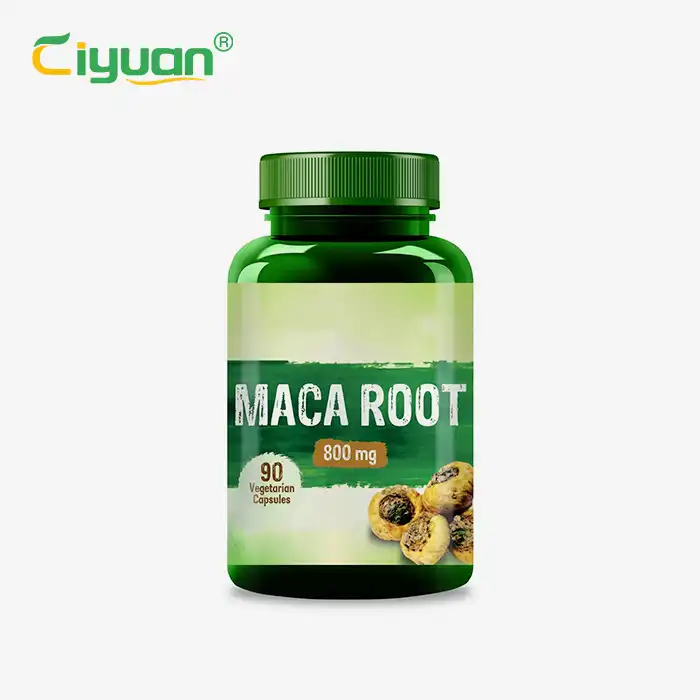
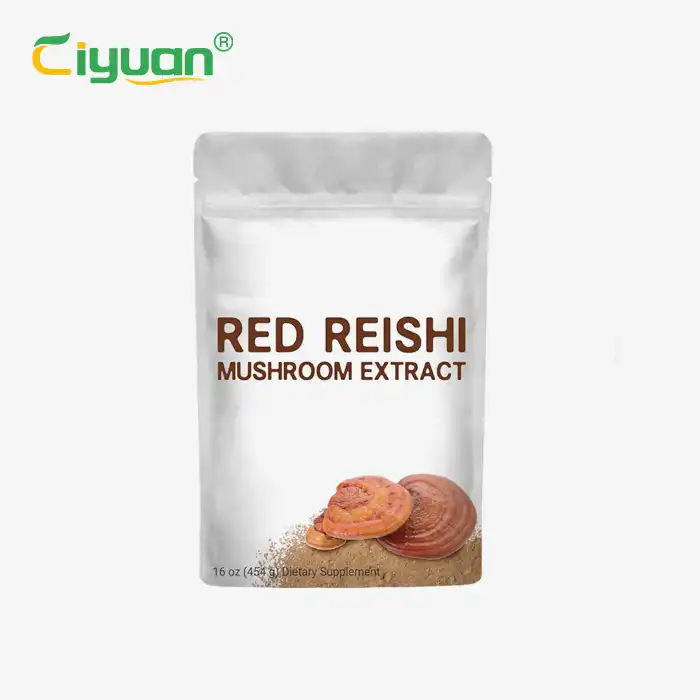





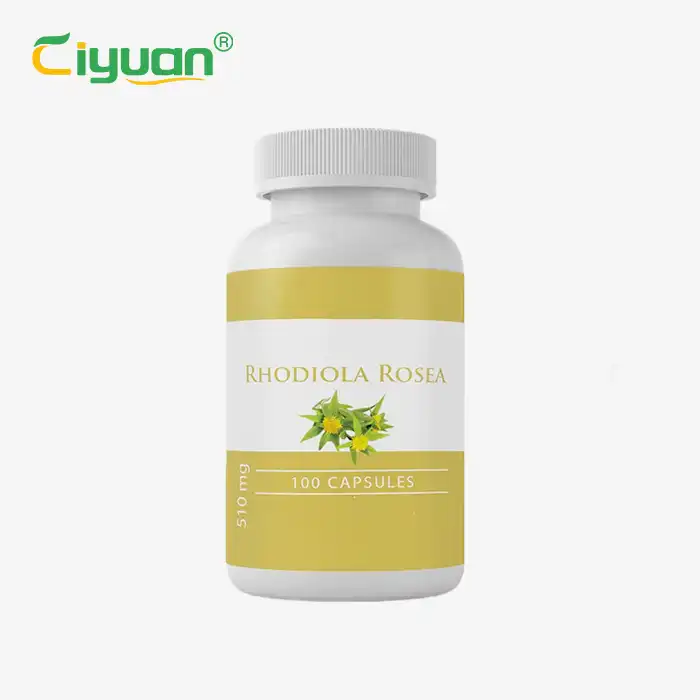
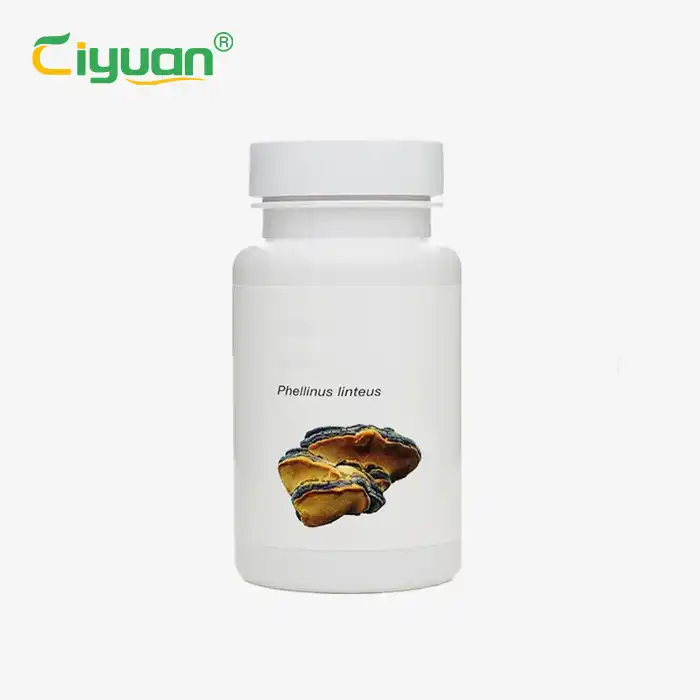
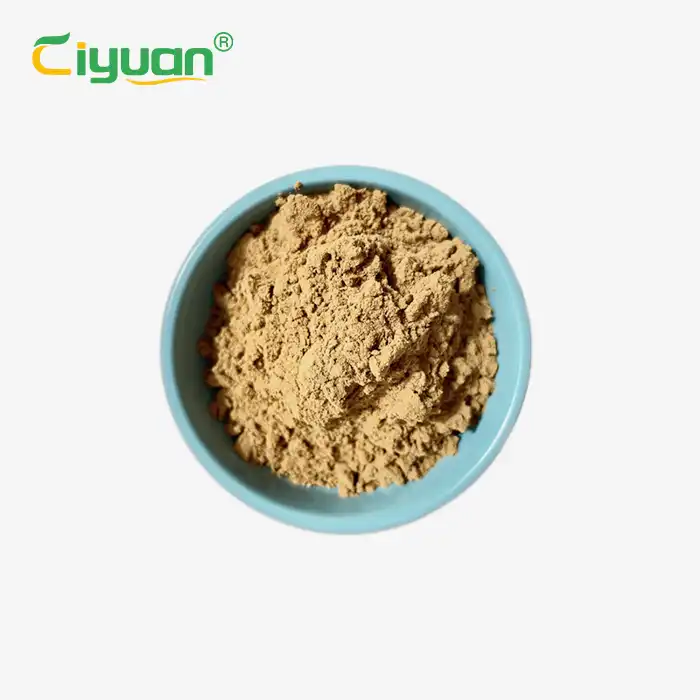
_1744965620615.webp)
_1748594315461.webp)
_副本_1753946133565.webp)
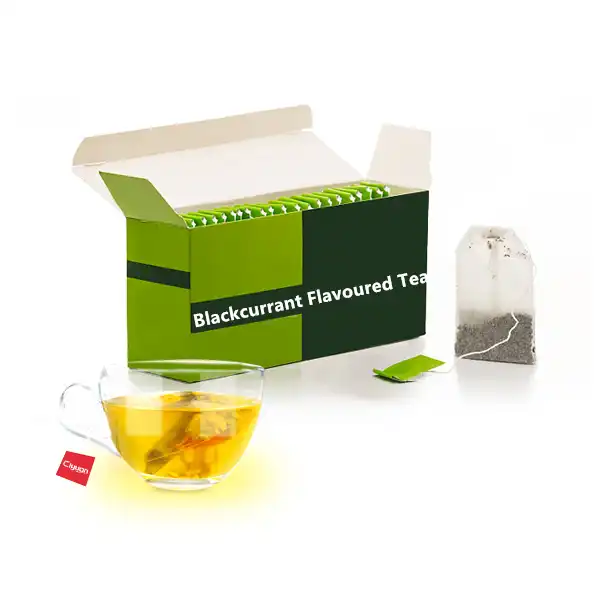
_1740484849996.webp)

